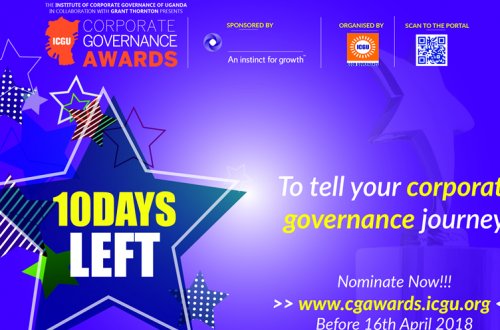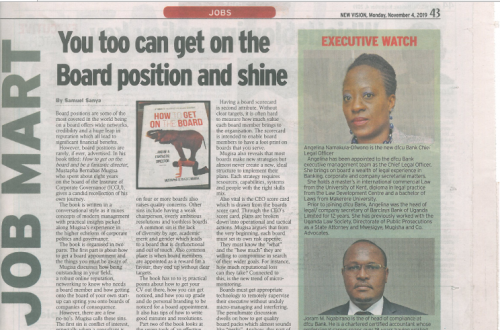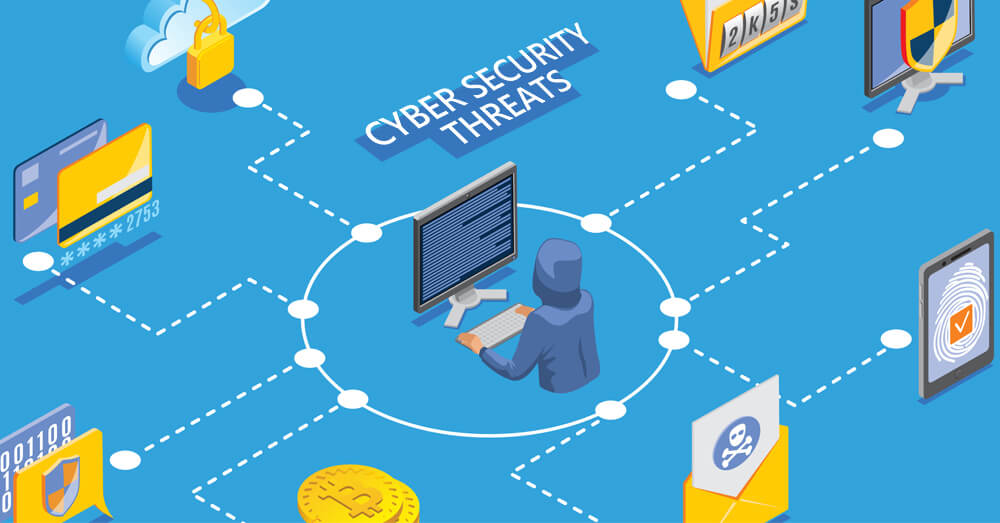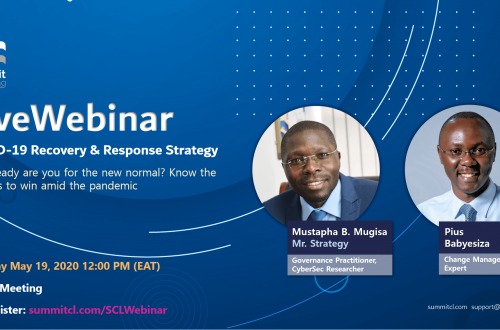Qn. I am an insurance practitioner. Why should I participate in or sponsor the 3rd annual cybersecurity and risk management conference? An Insurance sells a promise and relies on trust. The industry has also undergone a tremendous change in the way the business is conducted, from risk assessment and underwriting to onboarding, service delivery, and ongoing support. Regardless of the insurance products you provide, there is increased use of technology in service delivery. Insurance companies keep lots of private data about clients, which is too detailed due to the nature of the business. Today, insurance companies in Uganda allow policyholders to…
The echo you leave behind, leadership beyond the room
I visited Shenzhen in the third week of September this year and saw toys with on and off switches giving massages while robots pitched solar panels to traders. The city hums like a restless engine, alive with speed and invention. You either keep pace or you get buried; that is the brutal honesty of leadership reputation: what people say about you when you are not in the room is the true measure of your leadership, not the slides you polish, not the speeches you rehearse, not the curated presence you attempt to control. The common myth is that leadership is…
The real currency of leadership in an organization
In every organization, titles abound: CEO, Manager, Director, and Team Leader. They look impressive on business cards and LinkedIn profiles, but here is the hard truth: titles don’t move people, but influence does. A title gives you authority on paper. Influence earns you loyalty in practice. And in a world where change is constant, disruption is the norm, and people are more informed than ever before, influence has become the real currency of leadership. So what builds influence? It’s not luck, charm, or hierarchy. It’s a combination of competence, connection, character, and contribution. These are the four pillars that separate noise…
Why your staff may be the biggest cyber threat
On 7th November 2024, a well-known humanitarian NGO in Kampala discovered that donor funds, meant for a maternal health project in Lira, had mysteriously dwindled. Bank statements showed UGX 1.6 billion disbursed to “beneficiary suppliers.” Yet on the ground, no medicines had arrived, and the health centre shelves remained empty. At first, management suspected supplier fraud. They called in Summit Consulting Ltd to investigate. What we uncovered was far more chilling; the breach was inside the house. How insiders weaponised access The NGO’s finance system required two approvals for any payment above UGX 10 million. But insiders knew the weaknesses.…
Controls do not prevent risk, but people do
In Munteme village, there once stood a granary. Built with strong poles, plastered with mud, and roofed with banana leaves, the elders declared it unshakable. “This granary will protect our harvest,” they said with confidence. But one night, rats quietly chewed through the mud. On another day, a nephew stole maize to sell at the trading center. The structure remained intact. The controls, the poles, the mud, and the roof were still in place. Yet the food was gone. This is the story of many organizations today. We design robust systems, we craft policies, and we install firewalls, set up…
Stop applauding firefighters, demand Architects in the Boardroom.
Walk into any boardroom, and you will hear a familiar story. The CEO takes their seat, leans forward, and narrates a string of crises they personally resolved: the supplier default that almost halted production, the angry regulator that had to be pacified, or the angry shareholder whose demands had to be contained. The board nods, impressed by the energy, the speed, the sheer effort. The CEO leaves the room as a hero, the “firefighter” who saved the day. But here is the problem: anyone can hold a hose. Few can design a building that does not burn. Who is the…

























